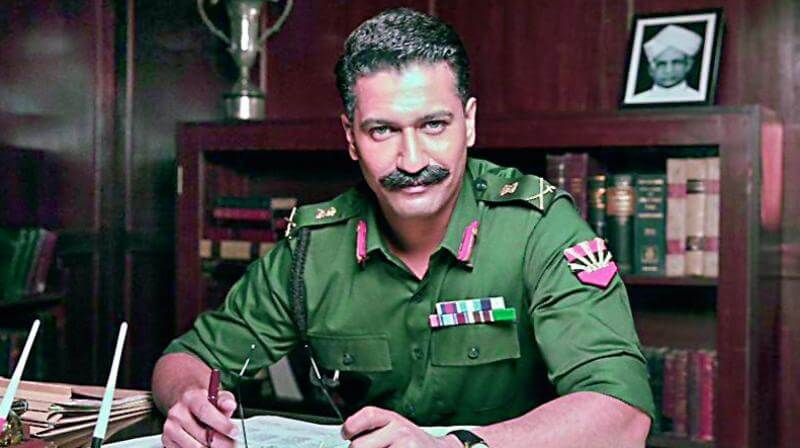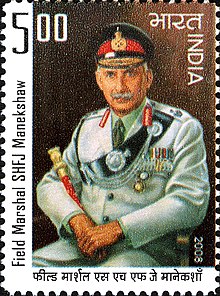Sam Manekshaw Quotes
Field Marshal Sam Hormusji Framji Jamshedji Manekshaw MC (3 April 1914 – 27 June 2008), also known as Sam Bahadur (“Sam the Brave”), was the first Indian Army officer to be promoted to the rank of Field Marshal. His distinguished military career spanned four decades and five wars, beginning with service in the British Indian Army in World War II.
Sam Manekshaw Quotes
Give me a man or a woman with common sense and who is not an idiot and I assure you can make a leader out of him or her.
Whether an atom bomb is necessary or not, in this world if you want to be recognized, if you don’t want to be kicked about, you have to be powerful both militarily and economically.
Professional knowledge and professional competence are the main attributes of leadership. Unless you know, and the men you command know that you know your job, you will never be a leader.
One thing remains the same, your task and your duty. You are required to ensure the security of this country against any offence. What is that means for you? That means, that you should have to fight, a fight to win. There is no roof for losers, if you lose don’t come back.
To the hypothetical question where outside India I would like to stay, I said: Naturally UK. I know the British, know their language, whereas elsewhere I will have to get myself familiar with the people and learn their language refresh.
Sam Manekshaw Quotes
A ‘Yes man’ is a dangerous man. He is a menace. He will go very far. He can become a minister, a secretary or a Field Marshall but he can never become a leader nor, ever be respected. He will be used by his superiors, disliked by his colleagues and despised by his subordinates. So discard the ‘Yes man’.
The primary, the cardinal attribute of leadership is professional knowledge and professional competence. Professional knowledge has to be acquired the hard way. It is continuous study and you never acquire it in today’s fast-moving technological world that you are living in. You have to keep up with your profession whatever you are in.
“What are the attributes of leadership? The first, the primary, indeed the cardinal attribute of leadership is professional knowledge and professional competence. Now you will agree with me that you cannot be born with professional knowledge and professional competence even if you are a child of Prime Minister, or the son of an industrialist, or the progeny of a Field Marshal. Professional knowledge and professional competence have to be acquired by hard work and by constant study. In this fast- moving technologically developing world, you can never acquire sufficient professional knowledge.”
“So, what comes next for leadership? Absolute Honesty, fairness and justice – we are dealing with people. Those of us who have had the good fortune of commanding hundreds and thousands of men know this. No man likes to be punished, and yet a man will accept punishment stoically if he knows that the punishment meted out to him will be identical to the punishment meted out to another person who has some Godfather somewhere. This is very, very important. No man likes to be superceded, and yet men will accept supercession if they know that they are being superceded, under the rules, by somebody who is better then they are but not just somebody who happens to be related to the Commandant of the staff college or to a Cabinet Minister or by the Field Marshal’s wife’s current boyfriend. This is extremely important, Ladies and Gentlemen.”
“What is the next thing you need for leadership? It is the ability to make up your mind to make a decision and accept full responsibility for that decision. Have you ever wondered why people do not make a decision? The answer is quite simple. It is because they lack professional competence, or they are worried that their decision may be wrong and they will have to carry the can. Ladies and Gentlemen, according to the law of averages, if you take ten decisions, five ought to be right. If you have professional knowledge and professional competence, nine will be right, and the one that might not be correct will probably be put right by a subordinate officer or a colleague. But if you do not take a decision, you are doing something wrong. An act of omission is much worse than an act of commission. An act of commission can be put right. An act of omission cannot.”
Sam Manekshaw Quotes



